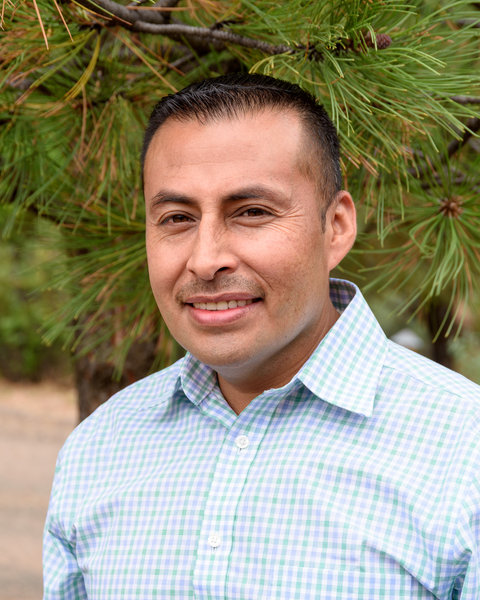Luis Urrieta
2016-2017
Anne Ray Resident Scholar
Affiliation at time of award:
Associate Professor
Department of Cultural Studies in Education
University of Texas at Austin

Resurgent Indigeneity: Re/Making Indigena and Community through Education
This study centers on a mothers’ movement for better educational opportunities for their children in rural Mexico. The mothers protested historical neglect in education for rural and indigenous communities. The protest led to brutalization of the participants, but did not deter them from seeking an educational alternative. By re/claiming an indigenous identity in a de-indianized pueblo, they received a new school, Nueva Creación, which became a symbol of reclaimed indigeneity and opportunity. The mothers’ movement contributes insight into, 1) renewed indigeneities, 2) understanding agency, and 3) sobrevivencia in rural neoliberal agricultural communities. Dr. Urrieta examines these insights in Resurgent Indigeneity. It is based on extensive ethnographic data collected between 2006 and 2014, including a year’s stay in Nocutzepo, Mexico between 2009-2010 in which he conducted over 200 unstructured and semi-structured ethnographic interviews with community members and oral history interviews with elders. Dr. Urrieta plans to complete the book during his fellowship tenure at SAR.
COLLOQUIUM
Resurgent Indigeneity: Re/Making Indígena and Community through Education
Dobkin Boardroom, SAR Administration Building
Wednesday, October 26, 2016, 12:00–1:00 pm, Free
In Resurgent Indigeneity, Luis Urrieta will explore and analyze the development of a rural mothers’ movement which by re/claiming an indígena (indigenous) identity in Michoacán, Mexico successfully agitated for a bilingual (P’hrépecha/Spanish) bicultural school for their children. Situating the mothers’ struggle within the backdrop of neoliberal globalism and the dismantling of subsistence agricultural economies in rural Mexico, the presentation will explore the historical, cultural, social, and political complexities of indigenous ethno-genesis. The mothers’ agentic challenge to state officialized definitions of who is indígena created a third space for indigeneity that contradicts the discourse of the disappearing Indian and disrupts the Indian/non-Indian binary while reinforcing the mothers’ rights claims to educational opportunities reserved for indigenous peoples. In their struggle to seek quality education as a viable future for their children in the face of neoliberal economic dislocation, bilingual bicultural education eventually afforded the mothers and their children a critical space to rekindle comunalidad (communality) as a basis for the indigeneity they re/claimed.
Videography by John Sadd.